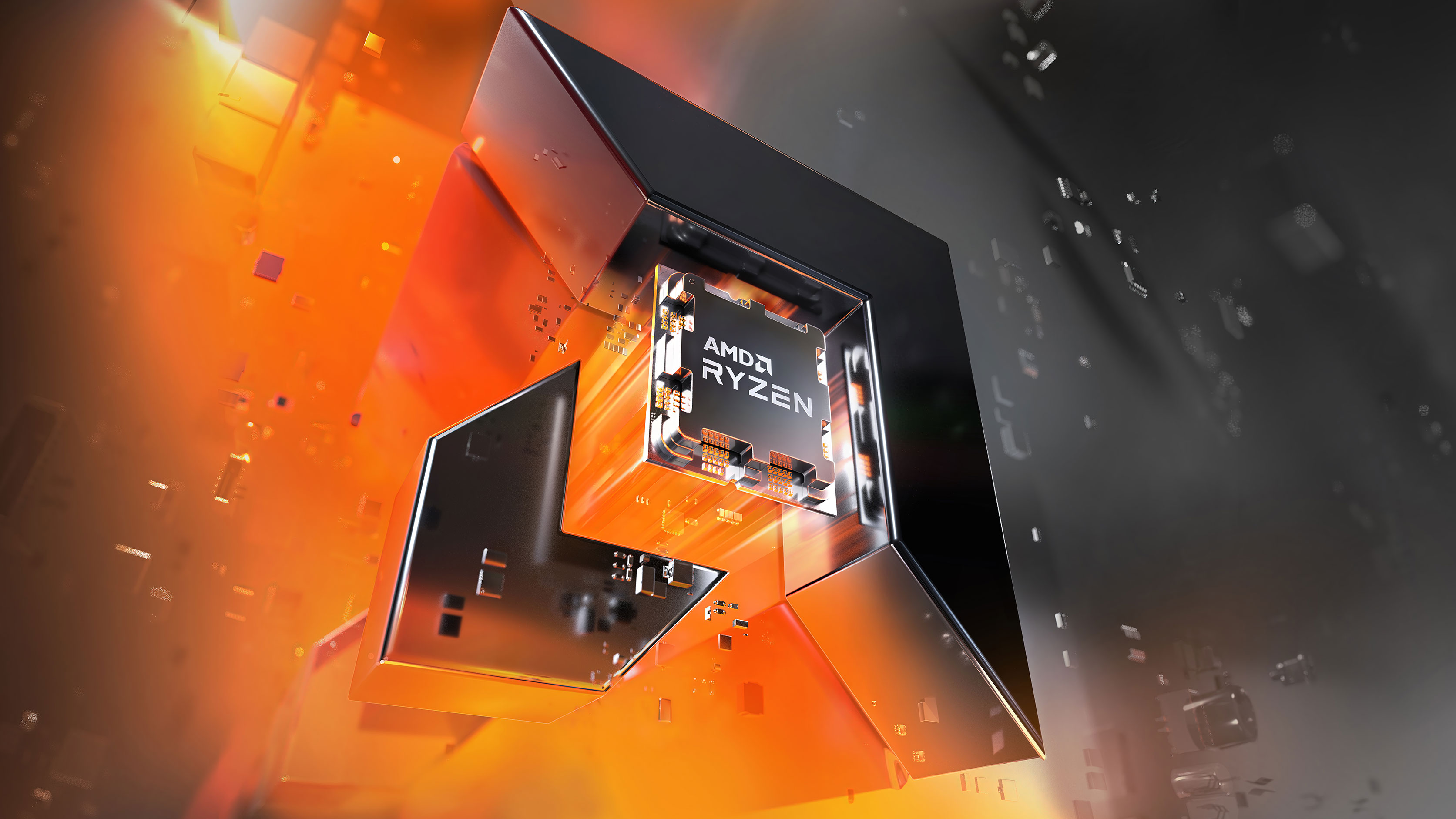
The GNU Compiler Collection has gained support for AMD’s upcoming Zen 5 architecture with a new patch, indicating a handful of new instructions will be coming to Zen 5-based chips (via Phoronix). Not only is the update an indication that AMD is steadily preparing Zen 5 for launch, but the particular instructions flag where AMD is seeking to take its brand-new architecture.
Interestingly, the compiler update indicates Zen 5 will debut five instructions never-before-seen on Zen-based chips. Four of the instructions have been native to Intel CPUs for a few years now, and one will be coming to the company’s Granite Rapids server CPUs sometime shortly, so in a sense AMD is playing catch-up with Intel. That’s not entirely unusual, as AMD doesn’t seem to prioritize instruction set support as much as Intel, especially with regard to AVX-related instructions.
Perhaps the most notable of the five instructions is AVX-VNNI, which Intel first introduced with its 2021 Alder Lake CPUs. VNNI stands for Vector Neural Network Instructions, and it’s become increasingly relevant in today’s AI-focused environments. AVX-VNNI isn’t to be confused with AVX512-VNNI, it is more powerful relative to the banner of AVX512 instructions. Both instructions can perform the same operations, but AVX512-VNNI has access to 512-bit vectors and EVEX extensions for even better performance.
Zen 4 already has AVX512-VNNI, so adding support for a weaker version may seem pointless, but Intel did the same thing years ago. The benefit of using the non-512-bit version may be for consumer parts, which could run software that doesn’t take advantage of AVX512 the same way data center programs do. In any case, it seems certain that AMD is continuing to focus on AI with its future CPUs (including consumer models), which isn’t that surprising.
The latest GCC patch isn’t the first we’ve seen that adds support for Zen 5 CPUs. Zen 5 code has been trickling in since July of last year, and there was an update to Linux that added new power management features. For reference, GCC support for Zen 4 was added until after Ryzen 7000 processors had already launched, and although that shouldn’t be taken as a sign that Zen 5 is right around the corner, it does probably mean it is launching sometime this year. AMD has hardly talked about Zen 5 thus far, but it may break its silence at its upcoming Computex presentation in May.







